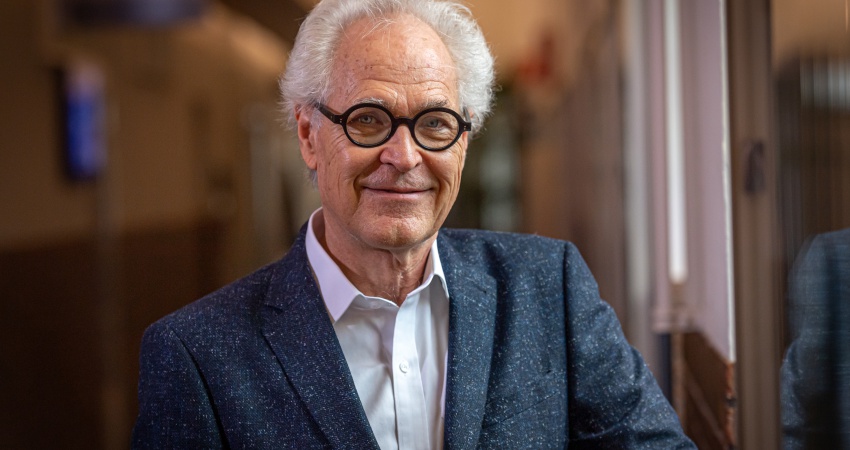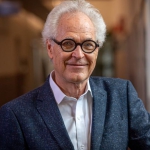Going Big, Going Small: What We’ve Learned About Audit Quality from Archival Research on Audit Firms and Offices
It is instilled in many economists to analyze phenomena at a high level and not at an individual level. For a long time, that was also the approach of Prof. dr. Jere Francis. But he has since reversed that position. Francis is now fully convinced that individual partners and teams within auditing firms in particular determine the quality of auditing.
Content of the Masterclass:
1. Part 1. Defining Audit Quality
Q&A: Is Audit Quality Binary, or a Spectrum (Continuum from low to high quality)?
2. Part 2: Why Institutions are Important
Q&A: Discussion of Institutions, with a focus on the Netherlands
3. Part 3. Two Approaches to Studying Institutions
Q&A: How might we better study the role of institutions?
4. Part 4. Archival Research on Audit Firms and Offices
Q&A: Audit quality, firms and offices, with a focus on the Netherlands
This Masterclass examines in detail what we have learned about the drivers of audit quality from over 40 years of archival audit research. The theme “ Going Big, Going Small” refers to the multiple levels of influence on audit practices, from macro to micro, and the research findings of each level on audit quality. The Masterclass begins with research that “Goes Big” and explores the primary institutions that regulate accounting and auditing practices (e.g., legal regime, corporate and securities laws) and how these institutions influence audit quality. Institutions are of fundamental importance because they legally define what auditors must do, they provide oversight and monitoring of audit practices, and they administer punishments for deficient audits. “Going Small” has a narrower focus and examines how audit firm practices influence quality. Prof. Francis will review research that examines how certain characteristics of audit firms, audit offices, and audit partners affect the quality of audits. What explains inter-firm differences in quality; what explains inter-office differences in quality; and what explains inter-partner differences in quality?
Note that in 2024, there will be a follow-up Masterclass, that goes even “Smaller” in focus and examines audit teams. What are the drivers of quality in audit teams that determine the effectiveness of audit teams?
It is also possible to join online. Register today!
Please note that registration is required to participate. Registration closes on 4 September 2023 (11PM CET).
This Masterclass will be in English.
Back to overview
-
Date:
8 September 2023 -
Location:
Nyenrode Business University
De Rooij 104
14.00 - 15.30
Also online -
This Masterclass had ended.
The event has ended
About the speakers

Prof. dr. Jere R. Francis
Professor Jere Francis is ranked among the top ten academics to publish in leading scientific journals in the field of accountancy research. He won two awards from the American Accounting Association (AAA) for his substantial contribution to auditing research. He was also named Outstanding Audit Educator in 2013 by the AAA. Professor Francis served on the editorial boards of several leading scientific journals, including Abacus, Accounting Organizations & Society, Accounting & Finance, Auditing: A Journal of Practice & Theory, Contemporary Accounting Research, Journal of Accounting & Economics, Review of Accounting Studies, and The Accounting Review. In addition to being of scientific import, his research has been of practical significance to accountants and regulatory authorities and he has presented his research to leading international accountancy firms, the American Institute of Certified Public Accountants, the World Bank and the Public Company Accounting Oversight Board in the United States. As FAR Research Chair, Professor Francis conducts scientific research on the quality of audits. He will also boost auditing education in the Netherlands with the help of several PhD students as part of this chair position.
